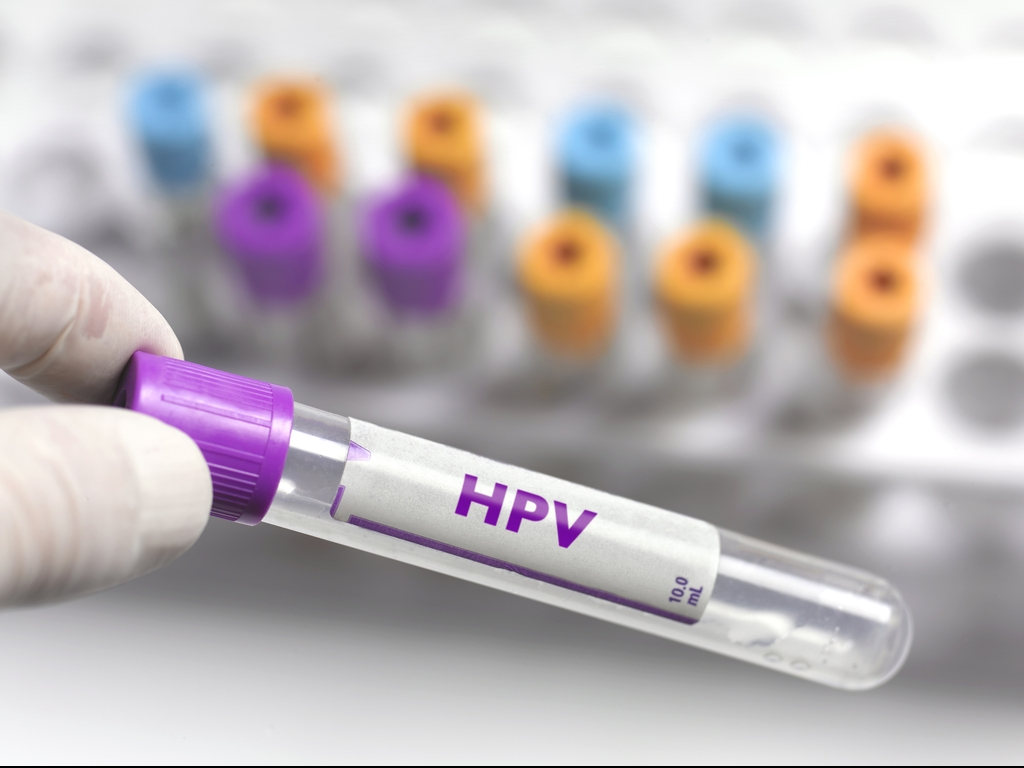Oral s** is a common practice that many people perceive as a safer alternative to traditional intercourse. However, a leading surgeon has recently highlighted a potentially deadly risk associated with this activity. According to medical experts, a type of cancer called oropharyngeal cancer is increasingly linked to the human papillomavirus (HPV), a s*****ly transmitted infection.
In this article, we explore the connection between oral s**, HPV, and the development of oropharyngeal cancer, as well as preventive measures that could reduce the risk of this dangerous disease.

What is Oropharyngeal Cancer? Understanding the Disease
Oropharyngeal cancer is a form of head and neck cancer that affects the middle section of the throat. This area includes the tonsils, soft palate, and the back of the tongue. While this type of cancer has historically been linked to factors such as smoking and heavy alcohol use, recent research shows a growing number of cases tied directly to HPV.
The alarming part? Oropharyngeal cancer is increasingly being diagnosed in younger generations. According to Dr. Hisham Mehanna, a professor at the University of Birmingham in the UK, there is a significant link between oral s** and this type of cancer.
HPV and Oral S**: How the Virus Increases Cancer Risk
HPV is the most common s*****ly transmitted infection (STI) in the United States, with over 42 million Americans currently infected with a strain capable of causing disease. The virus is primarily known for causing genital warts and cervical cancer, but its role in oropharyngeal cancer has become more evident in recent years.
Dr. Mehanna explains that oropharyngeal cancer is “s*****ly transmitted,” with the primary risk factor being the number of lifetime oral s** partners. Individuals with six or more lifetime oral s** partners are 8.5 times more likely to develop this type of cancer compared to those who do not engage in oral s**.
Common Symptoms of Oropharyngeal Cancer: What to Watch For
Detecting oropharyngeal cancer early can significantly improve treatment outcomes. The symptoms can be subtle at first, often resembling a mild sore throat or discomfort in the mouth. However, as the disease progresses, more specific signs can emerge:

Persistent sore throat: A sore throat that doesn’t go away could be a sign of a deeper issue, especially if it lasts longer than two weeks.
Difficulty swallowing: Experiencing pain or discomfort when swallowing can be an early warning sign of oropharyngeal cancer.
Ear pain: This symptom can be referred pain, where pain from the throat radiates to the ear.
Unexplained weight loss: Sudden weight loss without a clear cause can indicate an underlying health problem, including cancer.
Lumps or swelling: The presence of a lump in the mouth, throat, or neck area is a potential sign of the disease.
White patches in the mouth: A persistent white patch inside the mouth that doesn’t heal could be a sign of abnormal cell growth.
If any of these symptoms persist, it is critical to consult a healthcare professional for further evaluation.
Treatment Options for HPV-Related Oropharyngeal Cancer
Treatment for oropharyngeal cancer typically depends on the stage at which it is diagnosed. The primary options include:
Radiation therapy: This treatment uses high-energy rays to kill cancer cells and shrink tumors.
Chemotherapy: Chemotherapy drugs are used to target and kill cancer cells throughout the body.
Surgery: Surgical procedures can be performed to remove tumors from the affected areas of the throat.
While HPV-related oropharyngeal cancer often has a better prognosis than cases caused by smoking or alcohol, survival rates still depend on early detection. Approximately 70% of patients with HPV-related oropharyngeal cancer survive five years or longer after diagnosis. Early intervention and aggressive treatment are crucial for improving these outcomes.

Why Some People Are More Vulnerable to HPV-Related Cancers
Most individuals who contract HPV clear the infection naturally. However, a small percentage of people are unable to eliminate the virus, which can lead to serious health issues, including cancer. Dr. Mehanna suggests that a defect in a specific part of the immune system may prevent some individuals from clearing the virus. In these cases, HPV can replicate continuously and eventually integrate into the host’s DNA, which increases the risk of cells becoming cancerous.
Prevention: The Role of the HPV Vaccine
One of the most effective ways to prevent HPV-related cancers, including oropharyngeal cancer, is through vaccination. The HPV vaccine is recommended for both girls and boys, ideally starting at age 11 or 12, though it can be given as early as age 9. For those who missed the vaccination in their adolescence, catch-up vaccinations are recommended up to age 27.
The Centers for Disease Control and Prevention (CDC) supports the HPV vaccine’s safety and efficacy in preventing various types of cancers caused by the virus. Despite the vaccine’s effectiveness, there remains resistance among some populations due to concerns over safety, necessity, or fears that vaccination may encourage pro******ty. However, health experts emphasize that the vaccine is a crucial preventive measure that can save lives.
Understanding the Importance of HPV Awareness and Safe S***** Practices
While oral s** is generally considered safer than traditional intercourse in terms of pregnancy prevention, it is not without risks, particularly when it comes to HPV transmission. It’s essential to be aware of the potential dangers and take steps to protect yourself and your partners. Consistent use of protection, such as dental dams or condoms, can reduce the risk of transmitting HPV and other s*****ly transmitted infections during oral s**.
Public awareness campaigns about HPV-related cancers can help educate people about the importance of vaccination and safe s***** practices. Open conversations about s***** health can reduce stigma and encourage more individuals to take preventive measures.
Conclusion
The link between oral s**, HPV, and oropharyngeal cancer is a critical public health issue that needs greater awareness. While HPV-related oropharyngeal cancer is treatable, prevention remains the best approach. The HPV vaccine, along with informed and safe s***** practices, can significantly reduce the risk of developing this deadly disease.
As more research sheds light on the connection between s***** behavior and specific cancers, it’s vital to keep the conversation going. Being informed and proactive about s***** health not only protects individual well-being but also contributes to broader public health efforts to prevent cancer.





